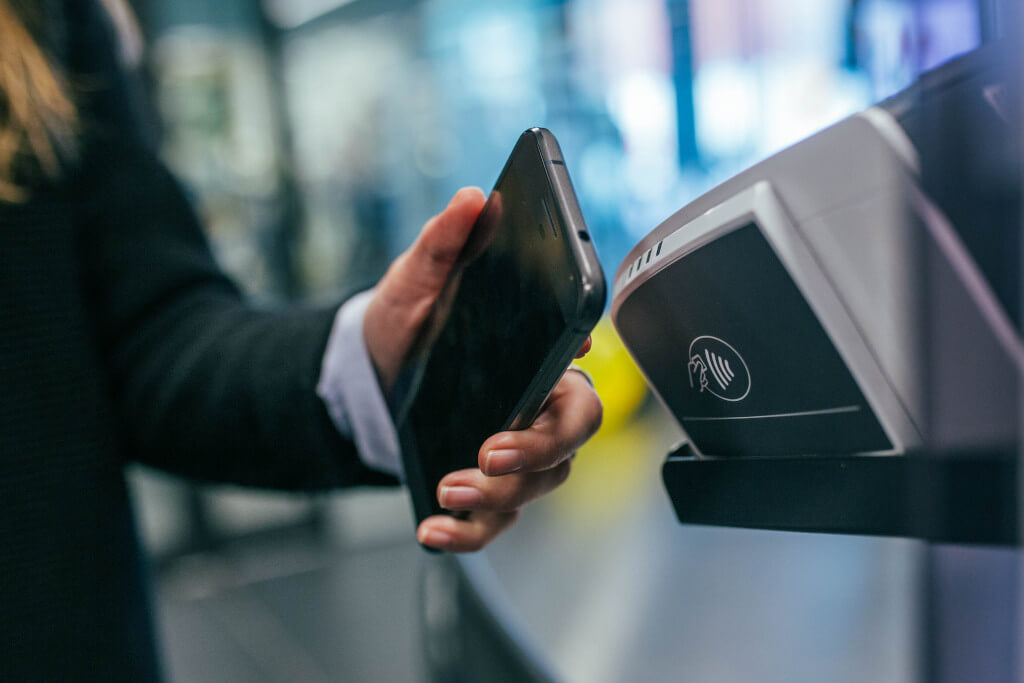According to Mark Sturrock, chief of cyber defense at Capitec, felons are cognizant that individuals will be obtaining their year-end bonus payments and will spend additional time and money online as the holiday season approaches. This makes it a lucrative time for cyber scams, which makes them more likely to occur.
According to Sturrock, as a direct consequence of this, dishonest individuals will remain on red alert, waiting to take advantage of the vulnerabilities exhibited by banking customers.
In accordance with a report published by Interpol in 2021, South Africa experienced 230 million cyber risk alerts between the months of January 2020 and February 2021. In addition to that, the nation saw a rise of one hundred percent in fraudulent internet banking application activity. According to Capitec, South Africa is regarded as having the third-highest amount of victims of cyberattacks anywhere in the world.
According to the bank, the most common method that cybercriminals use to commit digital crimes is not hacking a product but rather deceiving the customer of that product.
“Therefore, despite the fact that banking institutions can incorporate rigorous cybersecurity protocols to safeguard customers and make online banking secure, cybercriminals will still quickly develop innovative methods for utilizing data to defraud victims by taking advantage of customers’ vulnerabilities,”
In the beginning of this year, the South African Banking Risk Information Centre (SABRIC) released its Yearly Crime Statistics, which revealed an increase in the number of calls from scam artists imitating bank officials. This particular type of fraud is notoriously known as vishing (or voice phishing).
“In this specific example, the online criminal poses as a bank manager in order to convince victims to disclose confidential material that can be used to defraud them,” the author writes.
According to Capitec, if the scam artist is successful in their vishing attempts, they will use the data that they illegally obtained to impersonate the victim, gain access to money, or purchase items in the victim’s name. People have been urged by Capitec to take preventative measures to safeguard their finances by enhancing their online security and lowering the likelihood that they will become a victim of cybercrime. To ensure the highest level of security for your bank account, the bank offers the following four precautions:
Try Not to Fall Prey to a Vishing Scam
According to Capitec, the fraudulent practice of vishing depends on con artists fooling you into thinking that they are calling you from a financial institution.
According to Capitec, in order to obtain data from you, they may even resort to using threats and persuasion techniques, such as threatening to shut down your checking account.
“In the vast majority of cases, fraudsters will act as though they are calling from your bank in order to report suspicious activity on your account. After that, they will ask you to verify the information associated with your bank accounts, such as your email account, street address, and some form of identification. They are capable of committing identity theft with the help of this information.
Be cautious of threats and time-sensitive demands, the bank advised, and never give out personal data over the phone or select suspicious links in text messages or on social media. In addition, pay attention to any suspicious language that the caller may use, and be wary of any urgent requests.
Make Sure That Your Online Banking Profiles Have Two-factor Authentication Turned on
You can improve the safety of your online banking by turning on two-factor authentication, also known as 2FA. According to Capitec, this security feature helps prevent unauthorized access to your accounts if cybercriminals gain access to your login details and passwords as a result of a data breach.
“Two-factor authentication, or 2FA, typically involves an authorization message being delivered to a backup device that is linked to the primary account. Examples of this include a verifying PIN that will be sent to your trustworthy smartphone via text message or an in-app prompt, both of which you will need to access from that device.
Make Sure Your Password is Both Difficult and Lengthy
A further line of defense against felons can be erected by picking a secure password with a length of between six and eighteen characters, preferably one that contains letters, numbers, and symbols.
“In addition, make sure you select a password that is not simple to guess or evident to individuals who know you, for example, the name of your dog that shows up in every other photo on your Instagram account,” said Capitec. “This will help prevent unauthorized access to your account.”
Altering passwords regularly is another effective measure to ward off cybercriminals. You should always keep in mind that you should never share your password or the PIN that you use for two-factor authentication with anyone, not even the employees of your bank, as they are not permitted to ask you for it.
Secure Your Device With a Biometric Identifier and/or a Password
Protecting a device from being hacked by criminals can be accomplished by using a pattern, numeric code, lengthy password, thumbprint, or face ID.
“Bank customers should familiarize themselves with the security protocols they should follow if they have any reason to believe that they have been a victim of online fraud. This is the most important step.” According to Sturrock, these include making an instant report of the offenses to the South African Police Service (SAPS) as well as attempting to contact the fraud line at their bank.





